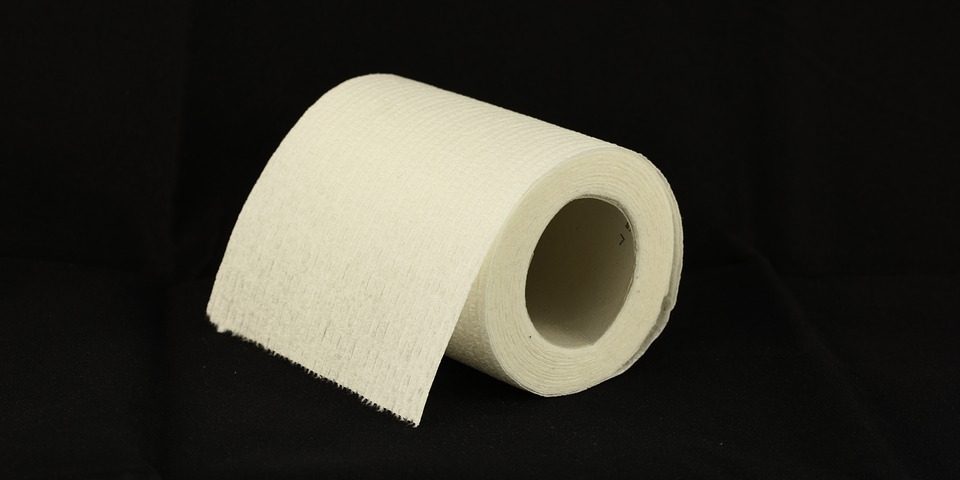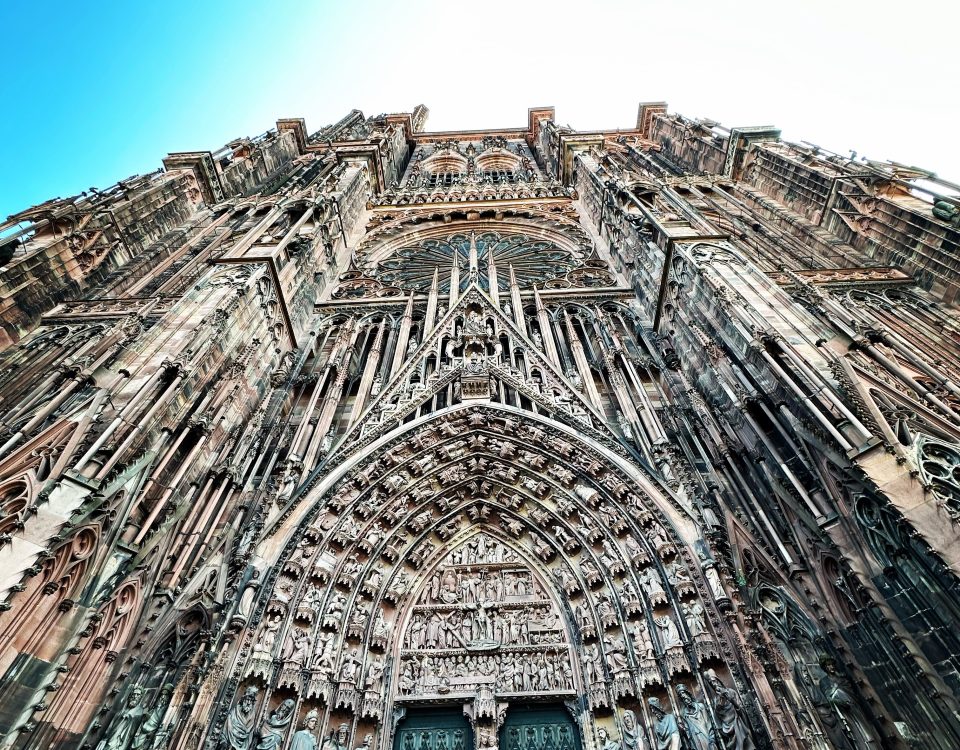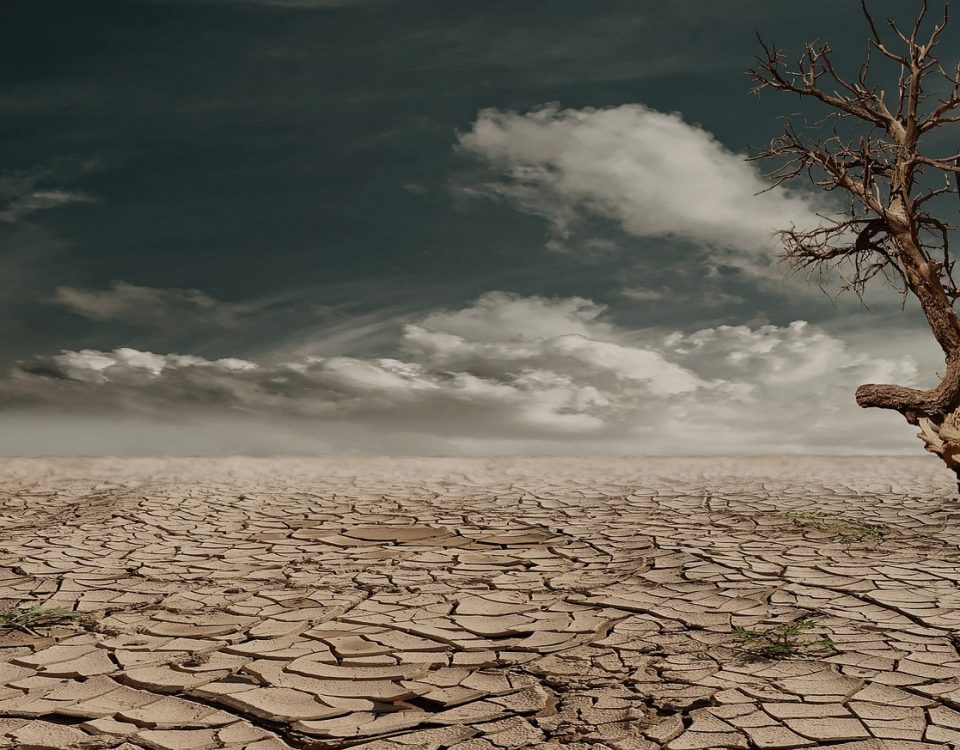It was inevitable, a question of when and not if.
As ready as one can be for the arrival of the new coronavirus (COVID-19), unsurprised when it arrives, it’s still unsettling. Watching the whole global drama, comedy and tragedy, unfolding and drawing near as we see it on our screens and then enter the story ourselves, we’re unnerved. A fear more than merely epidemiological, it’s systemic and existential, unusual, rare and real.
The havoc so far wrought by the coronavirus seems to have enlivened mythological nightmares, anxieties ancient and new that we normally experience only as entertainment. Primal fears of contagion, also apocalypticism and natural greed, play upon that recent simmering dread of ours, political and social. A symbol for all of it, for our fin-de-siècle sense, COVID-19 commands a sobriety other fears haven’t. Because now normal life is changing.
The idea that our tower of Babel may be crumbling is what’s so troubling. That what people like Wendell Berry have been prophesying for years may finally be coming true. Our pretty existence exploits the earth; we buy our food instead of growing it ourselves and we imagine our strength but forget our vulnerability. We fear there’s some debt to be paid for the shiny, purchased privileged lives we all lead. That it’s coming to an end; that’s our fear.
So our minds run on invisible viral fright. Thus we race to the stores for comfort, for hand sanitizer and food. Because we can’t imagine anything else to do. Too ignorant of our science to be rational, too unnatural to grow our own food, too skeptical of faith to pray well, we instead practice our genuine religion: We buy and buy and buy. Because that’s what gives us a sense of normalcy and control, going to the store or ordering it from Amazon. Until, of course, we can no longer purchase the psychological comfort of toilet paper.
I’m talking about that edge, that anxiousness each of us knows, the mental unrest spread quicker than the virus. Granted, many scientists are searching for antivirals and vaccines, but how can this be stopped, this more spiritual contagion, the emotional bad effects of all this fear?
One thing is to reorder our relations, that is, what we focus on. It is the condition of modernity that we are at the same time too connected yet not connected enough. We must fix that, reorder the balance.
Connected by travel and trade, by macroeconomics, as well by technology and media, perhaps we’re too connected. Aware of national and international news, our fear now is global yet we don’t know our neighbors. Which breeds paranoia. The volume is turned up on the noise that is the mixed messaging of all our media shoved through push notifications and screens, and we can’t help but be tortured by it. Because it’s too much for our beautifully small minds; it’s more than is meant to be mentally absorbed.
Which suggests that to seek peace during a pandemic, we would do well to think small, local. Not ignoring the news, of course, nor renouncing global concern and citizenship. Still, perhaps it’s wise to reduce media intake to one or two legitimate sources of information at a few set times — not constantly.
We’re avoiding travel and large crowds; perhaps, for sanity, instead call a friend (don’t text), check on your elderly neighbor or go for a walk if you can, keeping good “social distance.” Do very small things like these before you do anything for the world beyond your own little neighborhood.
Instead of instilling fear, such actions will root you in genuine reality: your reality, your neighbors, your tangible context, showing you where you can be most helpful, helping those closest to you. Which will in time erase nervous despair, breeding in its place affection and hope: those human and spiritual gifts born of selfless charity, that thing called neighborly love.
In the end this will do the world better, more than your worrying, until this pandemic passes. Because you loved more than you feared. Because you knew how to live hope.
This column originally appeared in the Dallas Morning News.










